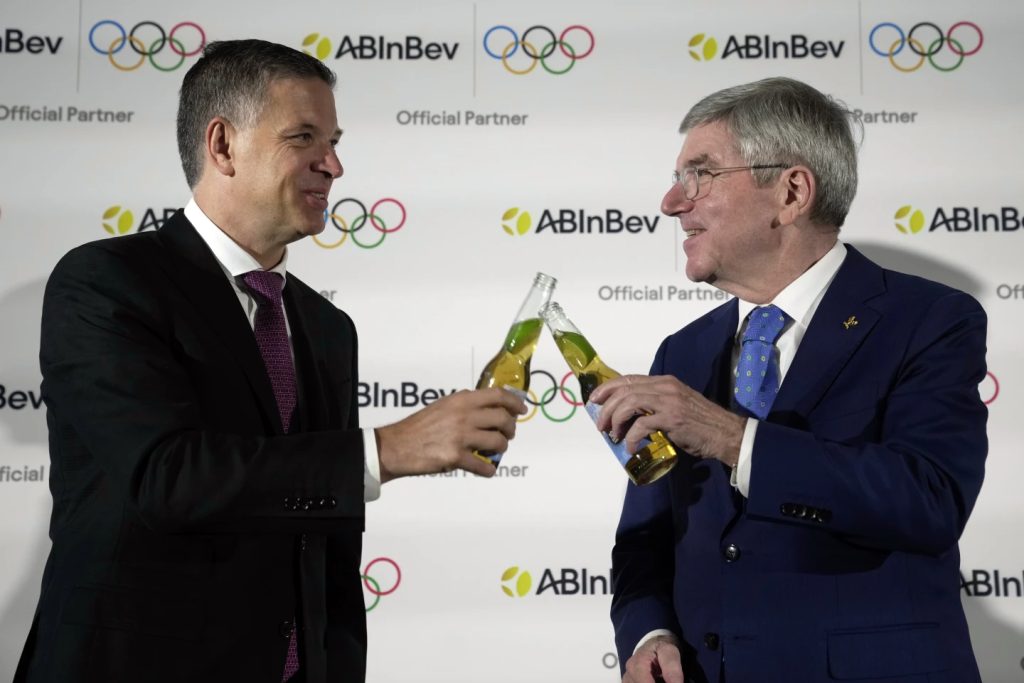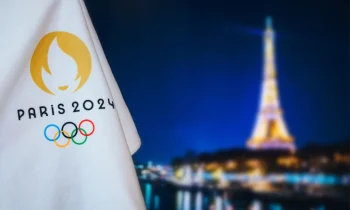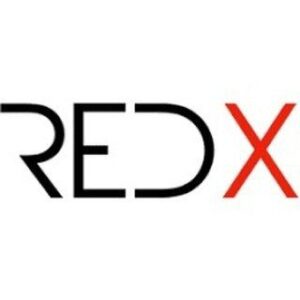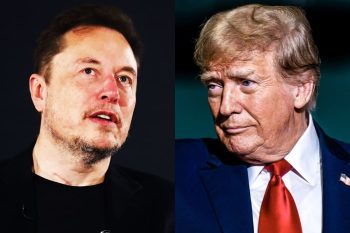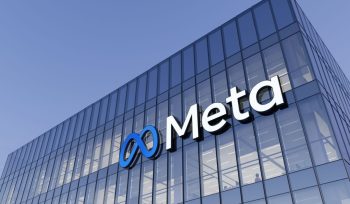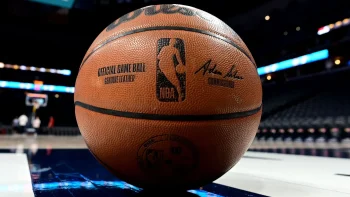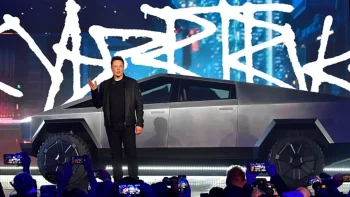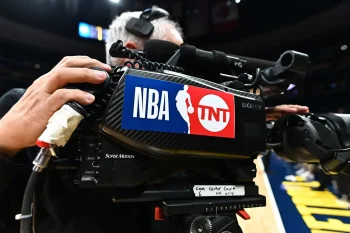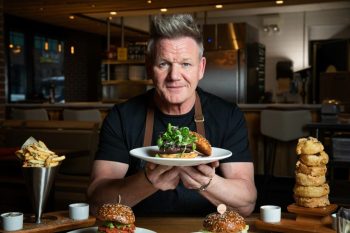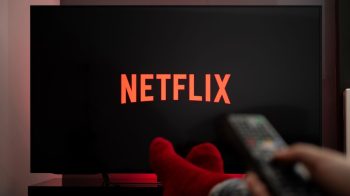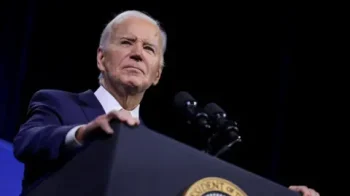The International Olympic Committee (IOC) recently unveiled a landmark sponsorship agreement with brewing behemoth AB InBev, marking the first time the Olympics will be associated with a beer company. This announcement, made in a bustling London bar, was celebrated with enthusiasm by many attendees, including IOC President Thomas Bach who lauded the union of sports and beer as a “perfect match.” Highlighting the deal’s focus on the alcohol-free beer Corona Cero, with Michelob ULTRA taking the spotlight in the US during the LA 2028 Games, the partnership spans the next three Olympic and Paralympic events in Paris, Milan-Cortina d’Ampezzo, and Los Angeles.
Mixed Reactions to the Beer Company’s Olympic Involvement
While the IOC and AB InBev have expressed optimism about their collaboration, emphasizing its alignment with a growing market demand for non-alcoholic beverages, the partnership has not been met without criticism. Public health advocates and campaign groups have voiced concerns over the apparent mismatch of promoting alcohol brands in conjunction with the world’s premier sporting event. Critics argue that the association between alcohol and the Olympics, a stage where athletes often abstain from alcohol to maintain peak performance, sends a conflicting message. Furthermore, the widespread influence of Olympic sponsorship raises questions about the impact of alcohol marketing, especially in light of efforts by organizations like the World Health Organization to curb alcohol-related harm.
Public Health Concerns and the Rise of Non-Alcoholic Options
The announcement has reignited discussions within the public health community about the effectiveness and ethical implications of alcohol marketing, particularly as it relates to major sporting events watched by billions. Despite AB InBev’s emphasis on non-alcoholic beer as a healthier alternative, skeptics remain wary of the potential for such partnerships to inadvertently promote alcohol consumption. This skepticism is bolstered by statistics illustrating the harmful effects of excessive alcohol use, and the ongoing debate over how non-alcoholic beverages are marketed to consumers, including concerns about “alibi branding” where non-alcoholic products may inadvertently promote their alcoholic counterparts.
Navigating the Future of Olympic Sponsorships
As the Olympics approach, the focus on non-alcoholic beverages like Corona Cero underlines the complex interplay between sponsorship deals, public health objectives, and consumer behavior. The partnership between the IOC and AB InBev, while innovative, underscores the broader challenges and responsibilities facing major brands and sporting institutions in promoting a healthy and responsible lifestyle. With strict advertising laws in France potentially limiting alcohol-related branding during the Paris Games, the effectiveness and reception of this groundbreaking sponsorship will be closely watched. As the Olympic movement continues to evolve, the dialogue between commercial interests and health advocacy remains a pivotal aspect of its legacy and impact on global audiences.


